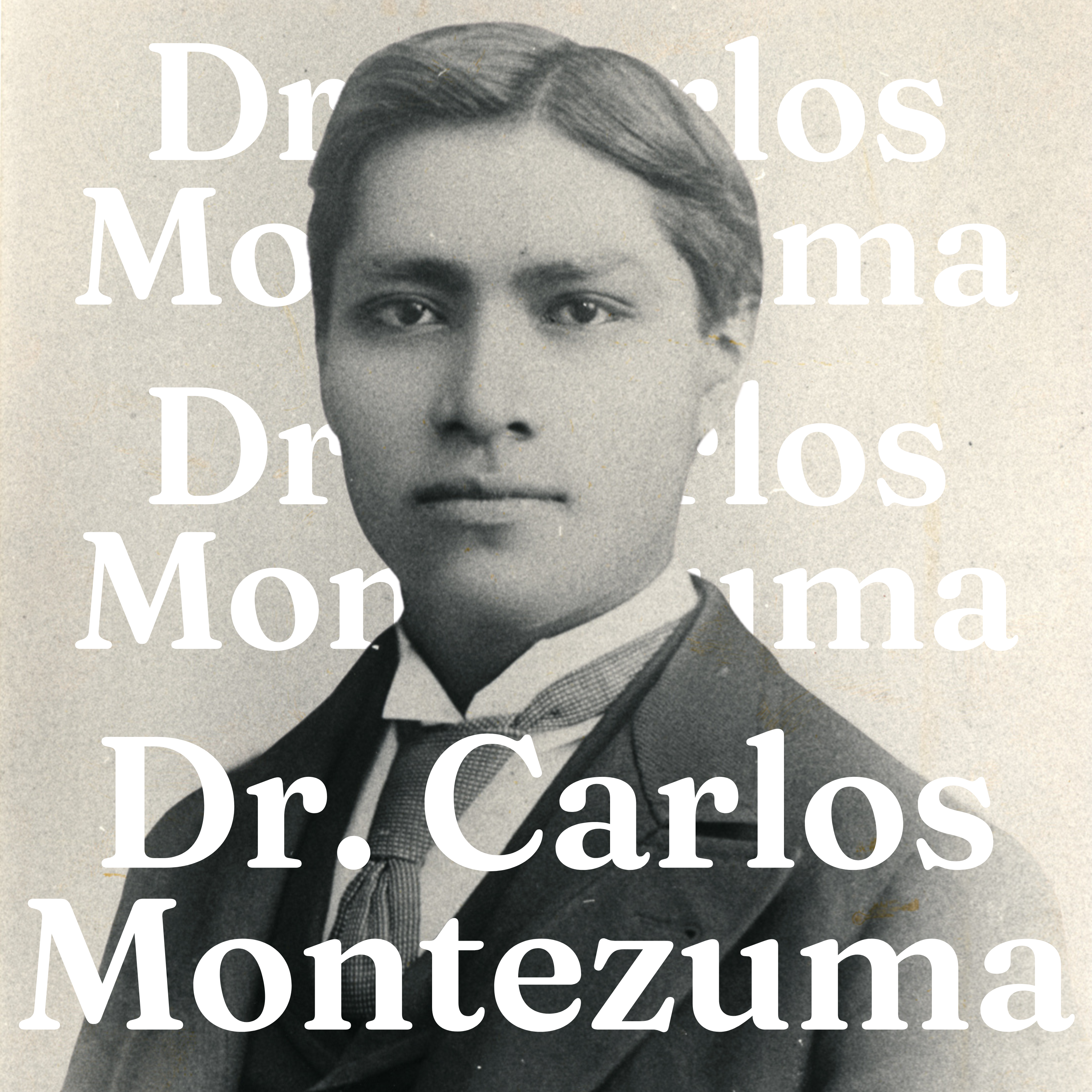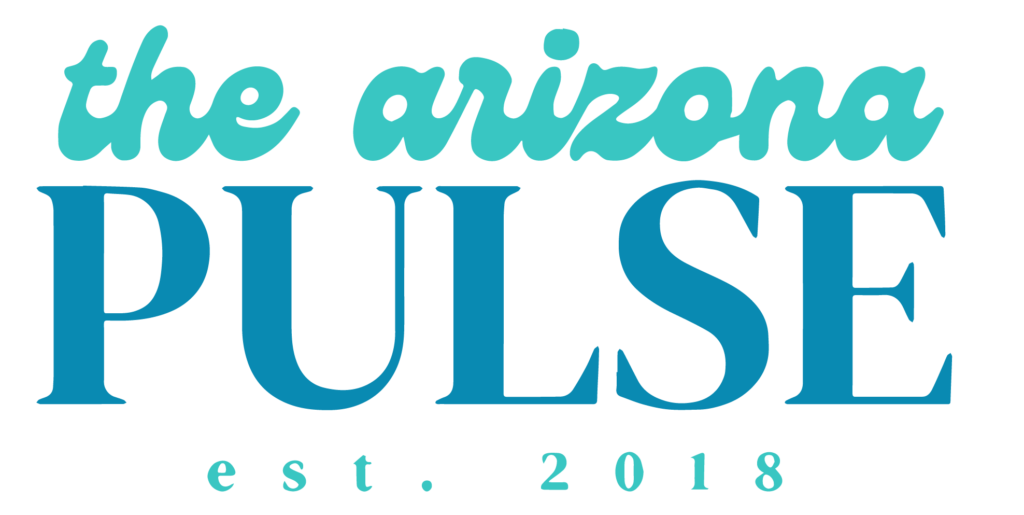
Dr. Carlos Montezuma, birth name Wassaja, is known as one of the most influential indigenous persons of his day and a prominent leader in the late 19th and early 20th centuries. Born in 1866 to Yavapai parents in central Arizona, Wassaja was kidnapped at a young age by members of the Pima Tribe. He would then be transported far south and sold into the slave trade, where Italian photographer Carlo Gentile purchased him for 30 silver dollars. Gentile moved them to Chicago and viewed Wassaja as a son, educating him in different public schools across Illinois. Renamed Carlos Montezuma, the young boy clung to his education. He would become, as his contemporaries describe, “the first Native American graduate of the University of Illinois in 1884 and the first Native American to become a fully licensed physician” at the age of 23. After serving eight years as a physician with the Bureau of Indian Affairs (BIA), Dr. Montezuma began a lifelong mission to free his fellow man from what a biographer called “the tentacles of the Indian Bureau and their (enforced) servitude on the reservations.”
Dr. Montezuma firmly believed in the importance of education, using his own story as an example of what Tribal Nations could achieve if given equal opportunities. His initial view of reservations was that they needed to be modernized or changed. However, after witnessing firsthand the Yavapai Nation’s connection to their land, he formed the Fort McDowell Yavapai Reservation to improve the conditions. He is credited as a founder of the Society of American Indians, the first Indian rights organization. However, Dr. Montezuma had a problematic relationship with the group. Many in the organization found his calls for reimagining the current reservation system difficult to accept. From 1916 to 1922, he published a journal, Wassaja, in which he regularly called out the BIA and anyone who challenged his ideas of progress. But Dr. Montezuma’s most important work was as an advocate for his people, the Yavapais, and other Arizona Tribal Nations. He spent his final years working to protect their water, land, and culture. He died in 1923. Primarily forgotten by the public, it wasn’t until the late 1970’s that his accomplishments resurfaced. Dr. Carlos Montezuma is now appropriately remembered as one of the most influential indigenous figures during the Progressive Era.





